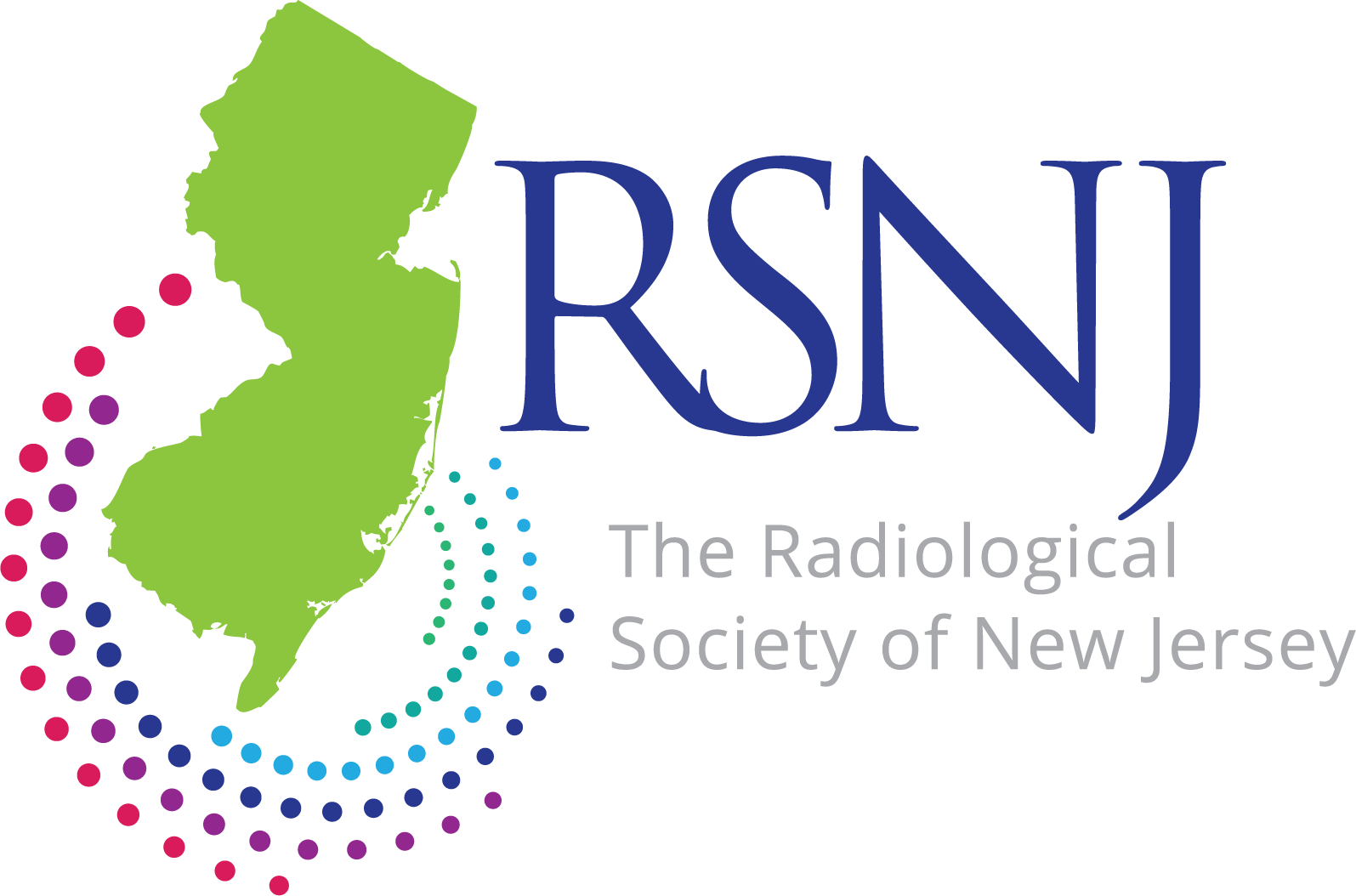Welcome to the Radiological Society of New Jersey The Radiologist functions in a larger environment governed on the state and federal levels. The Radiological Society of New Jersey plays a key role in creating and maintaining a rewarding environment in which to practice Radiology in New Jersey. As the practice of Radiology becomes busier, the relationships between the RSNJ and various governmental agencies on the state and federal levels become increasingly important. The effort Radiologists put into training and into the daily performance of Radiology demand a favorable environment in which to work. The Radiological Society of New Jersey is instrumental in providing and maintaining this environment. The RSNJ also provides opportunities for practicing Radiologists to maintain and expand their expertise, by providing state of the art lectures given as part of our annual and semi-annual meetings. Dues paid to the RSNJ are money well spent. Time given to the RSNJ is well worth the effort. Radiologists are encouraged to join the Radiological Society of New Jersey and to get involved in the workings of the RSNJ, for their own benefit as well as the benefit of all practicing Radiologists in New Jersey. | Login to view members-only content:
|
MEMBERSHIP BENEFITS Membership in the Radiological Society of New Jersey (RSNJ) includes membership in the American College of Radiology (ACR). Your membership and participation in RSNJ and ACR provide unique opportunities to interact and network with Radiologists from other practices and areas of the country. Benefits include:
| IN THE NEWS Your browser must be logged into X to view Tweets here. Once you are logged into X, you should see posts from RSNJ:
| UPCOMING EVENTS
|
